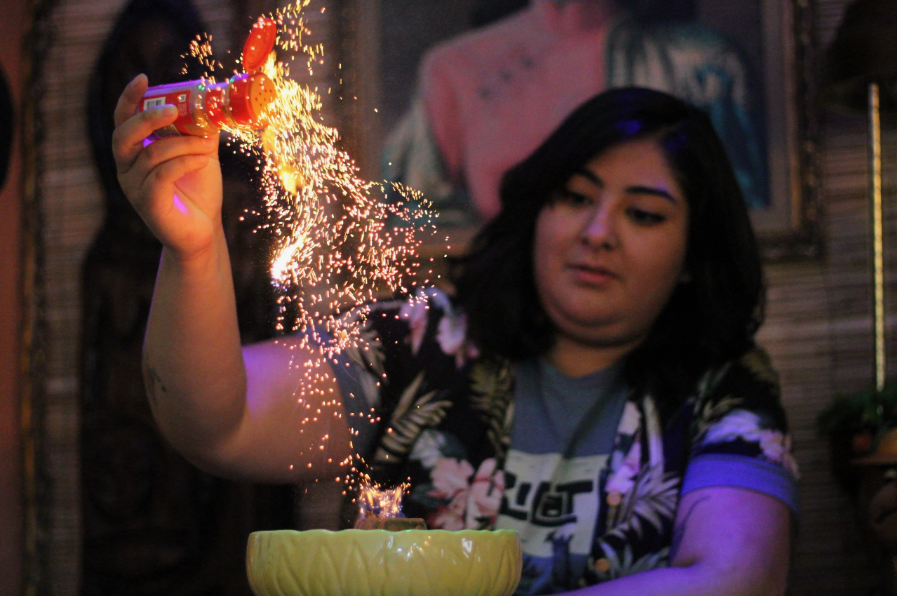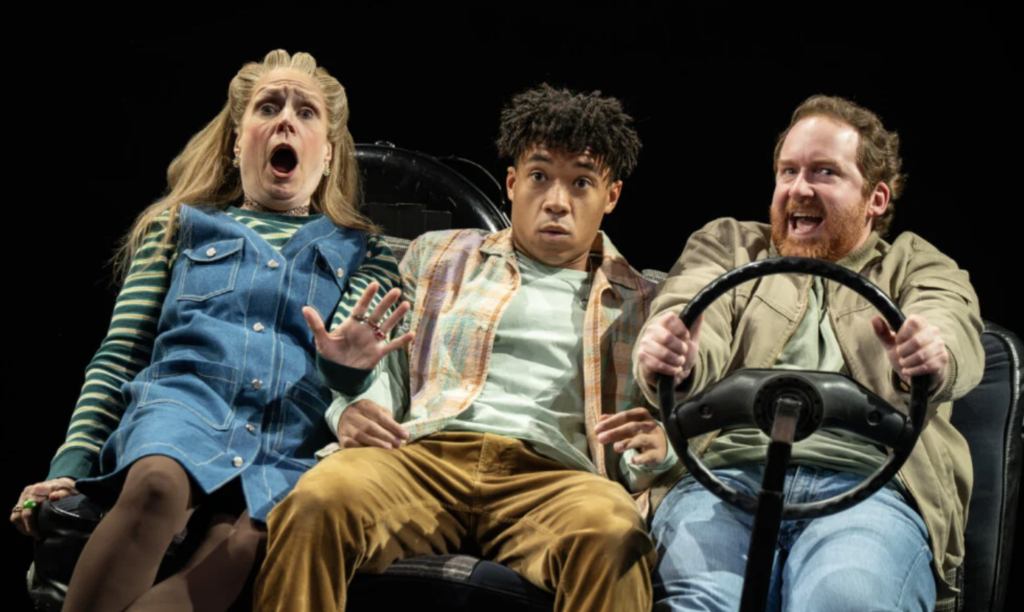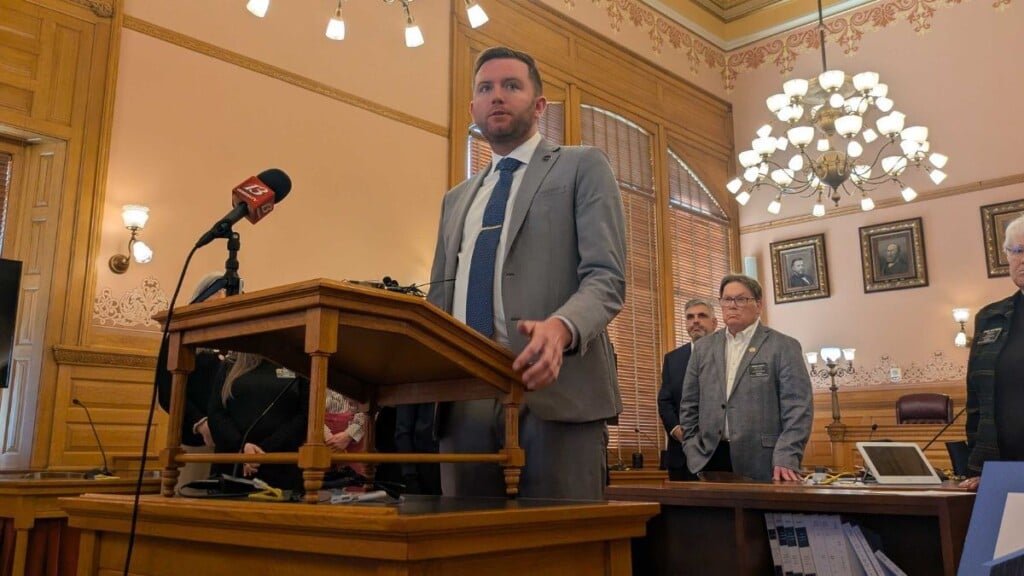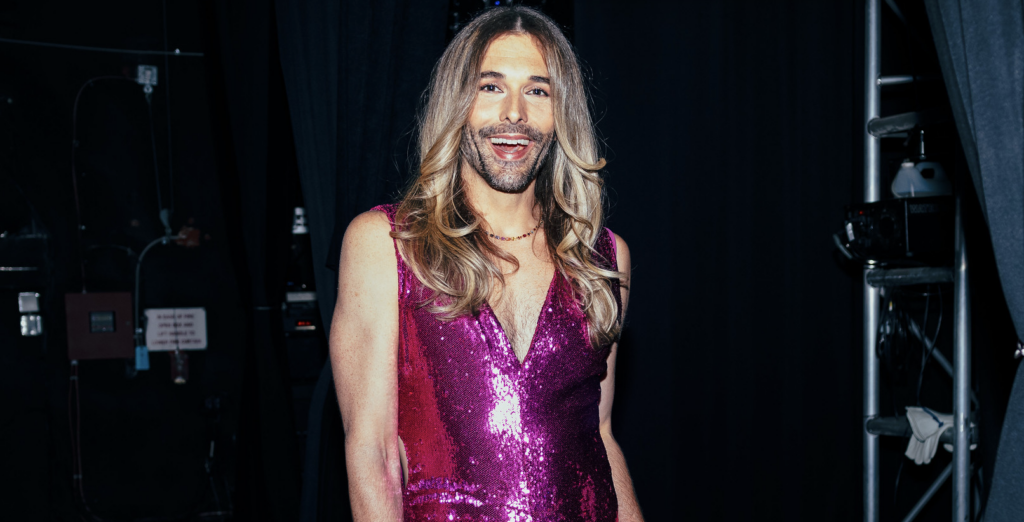Daniel Rachel’s Too Much Too Young is the definitive history of 2 Tone
Daniel Rachel’s latest book Too Much Too Young, the 2 Tone Records Story: Rude Boys, Racism, and the Soundtrack of a Generation saw release in the UK in the fall of 2023, and now gets its official American release this week via Akashic Books. The “definitive and remarkable story of 2 Tone Records” features an introduction by the Selecter’s Pauline Black, and is filled with interviews from members of the label’s notables, such as Madness and the Specials, along with lesser-knowns like Holly and the Italians.
Too Much Too Young is a vibrant, engaging read that goes into detail on both the inner workings of the label and the social movement that emerged from it. Rachel’s book is utterly impossible to put down, except to possibly dig for records in order to properly soundtrack your reading experience.
We spoke with Daniel Rachel to discuss his new book and more.
 The Pitch: Would I be remiss in guessing that this new book came out of Walls Come Tumbling Down, that looked at the music and politics of 2 Tone, alongside those of Rock Against Racism and Red Wedge?
The Pitch: Would I be remiss in guessing that this new book came out of Walls Come Tumbling Down, that looked at the music and politics of 2 Tone, alongside those of Rock Against Racism and Red Wedge?
Daniel Rachel: Yes, in many ways, Too Much Too Young is a follow up to Walls Come Tumbling Down, or the missing ingredient from the middle. In Walls Come Tumbling Down, I was retracing the steps of Red Wedge, which was generated by the Rock Against Racism movement in England. That was formed in 1976 and essentially finished in 1981, at the same time as the first wave of 2 Tone finished.
But the premise of making a novella of 2 Tone within Walls Come Tumbling Down was just to demonstrate and reveal the political side of the label and the bands. To my frustration at the time, and as a fan of 2 Tone, I wanted to tell the complete story, give the whole picture and, as has become evident with this new tome, it needed a lot of pages to make that happen.
That’s the thing that I found so delightful when I found out about this book is because, prior to this, really the only history we’d had of 2 Tone was George Marshall’s The 2 Tone Story, which is a very slim volume and also ridiculously difficult for those of us here in the US to get their hands on. What was your starting point for putting together this history?
My starting point for the history was to ask Jerry Dammer’s permission, as the person that formed the Specials and had the idea of 2 Tone as a record label movement. I wanted an insight into his mind and reasons for doing what he did and how it felt as he went through it all.
And now, on the other side looking back, I had read George Marshall’s book, which I thought was really good, but like you say—After its publication in the early ’90s, not only in the States, it was difficult to get here in the UK. I wrote many times to the publishers, S.T., in Scotland over a number of years and eventually got a copy.
There was a 2 Tone re-release and it came as part of that, but even that was obsolete within a year or so. So, for more than 30 years, there’s been no real sense of what 2 Tone was, and even if you read articles or watched documentaries, they rarely went into a depth that a book allows.
Speaking of the depth of this book, one of the really appealing things as a reader is that you present differing stories. Everyone has their different takes on or remembrances of how things happen. How did you balance all of that to make sure that, when sides differed as to exactly what went down, things were portrayed accurately?
Well, what you’ve picked up on is exactly my approach, which is that history can’t be viewed from a single point of view. With each of the 2 Tone bands, there’s seven members involved in any given situation, let alone all the entourage that surrounds that. It’s inevitable that there’ll be those different points of view, as you rightly point out.
There’s a couple of facets: Firstly, to find out what those different points of view are and then, secondly, I did an enormous amount of research into archived interviews, archived footage, to try and see if the point that the modern version was tallied with original points of view. That would help choose where to go.
Then, if there really was conflict—as there is in many, many situations—I thought it was better to just present both and let the reader decide because, ultimately, if you’ve got a standoff between Roddy Radiation and Jerry Dammers in a studio, only they really know what’s caused that, so why not present both sides and just place the reader between the two? I thought that had a lot of power and, ultimately, for me to be non-judgmental because I wasn’t there.
The book not only addresses interpersonal conflicts and racism writ in Britain at the time, but also delves really deeply into sexism. What are the challenges of balancing all of these sociopolitical issues, while also you have to put all of this into context? What are the challenges of making sure that folks understand what the situation was at the time, while also not getting bogged down in digressions?
Historically, women are second class citizens, and the 2 Tone story is about dealing with minority issues and finding an equitable way of life for all. And although women are a majority, they’re not treated as such by by men. And that was very much the campaigning reasons for people like Pauline Black and Juliet de Vie in the 2 Tone office, and Rhoda Dakar and the members of the Bodysnatchers. I think in many portrayals of 2 Tone, that side of the story is neglected. From a personal point of view, and from a historical point of view, it was necessary.
Not getting bogged down, I think it’s just been true to where that is, where sexism, if not misogyny, was a fundamental part of the 2 Tone story. I guess that points to treatment of women at gigs, to treatment of women within bands, the song, “The Boiler,” dealing with male violence and rape, and then how they’re treated within the music industry at different times.
That extends to even when Holly of Holly and the Italians came over and played on a 2 Tone tour. Whether the audience reaction to her band is to do with her being a woman, or them not playing rigid ska-inspired music, it’s an area that can’t be ignored.
Of all the folks you got for the book, which person was the most difficult for you to track down? It seems like you went deep to try to find everyone you possibly could.
Yeah, I mean, I couldn’t find the original drummer of the Bodysnatchers, Jane. I still can’t. From a writer’s and author’s point of view, it’s harder to find women because many women marry and change their name, so that’s difficult. But in terms of getting on side, then that person is Jerry Dammers. Although I spoke to Jerry at the beginning of the project, his natural reticence, suspicions, uncertainty of how other people will speak to him, what it’s going to reveal of him and about 2 Tone—These are high hurdles to climb over to get him on side.
I think the last big interview I read with Jerry Dammers was maybe one from Uncut in the late ’90s, which was a very in-depth piece and it was excellent, but it was all the more shocking for the fact that he deigned to speak at all.
This book comes as ska music has, as of late, been deemed worthy of journalistic rigor. There’ve been quite a few books that have come out, like Rude Girls by Heather Augustyn, or Mark Wasserman’s Skaboom, as well as In Defense of Ska. Do you have an idea as to why ska might be getting critical reappraisal in the last few years?
I mean, I don’t think of 2 Tone as Ska. Ska, to me, is the music of Jamaica in the ’60s, until it gets replaced by rocksteady and reggae in the latter part of the decade. 2 Tone, to me, is influenced by ska. It has much to do with rock music, American R&B, punk, and little bits of funk and disco. Without those other genres, you don’t get 2 Tone. Ska’s a misnomer, really.
In terms of why 2 Tone attracts attention? I think because it’s historically lacking people that simply give it its due credence. Especially in the UK, there’s a hell of a lot of attention poured on the punk era and perhaps glam rock, swinging ’60s, and all the offshoots of that. 2 Tone has been traditionally marginalized and I don’t know why that is.
Oddly enough, I’d written my book before Heather’s Rude Girls came out, but mine was delayed by Jerry for a year, so I got hers before mine came out. In fact, I introduced a few of the people to Heather for her book.
You do raise a very interesting sort of thing, because, as your book demonstrates really well, this was a very big deal for a couple of years, but it does seem that UK music history goes from glam rock to punk rock, then leaps over about two years’ worth of British music to then begin discussing the New Romantics, and such as that. I feel like 2 Tone is difficult because it’s fun, but it’s also political. It’s got those social and political roots that define the 2 Tone bands to different degrees.
So here, in the 1980s, Madness were the most successful singles band of the decade. But, you know, in the States, they’re a one hit wonder, aren’t they, with “Our House?” If you look at Madness videos, you maybe the first dozen, then they are very knockabout in the same way as a Kinks’ or a Small Faces’ video might be, but that isn’t to detract from some of the more socially observant lyrics that they wrote, whereas the other extreme, the specials, didn’t. They offered a lot of fun live, but there’s a kind of malevolent drive within that band that is what’s attractive, I think, and what has sustained them over the decades of interest from fans.
This book comes out in the United States and you’re doing a bit of a tour surrounding it. What sort of reception do you anticipate, regarding talking about this book in the United States versus Britain?
I’m so excited about coming and doing a road trip of the U.S., basically from West Coast to East Coast because I’ve previously only ever been to New York. It’s unbelievably exciting. It’s a schoolboy dream come true.
I’ve always had mixed opinions about how 2 Tone was received in the States and its influence. Obviously, I’m aware of the third wave of ska, but I’m not very knowledgeable about that. What I’ve never quite understood is, if 2 Tone was an underground movement within the States—underground here in the UK can be quite big—I really have got no sense of what its reach is, and yet I speak to some people and they tell me that when the Specials appeared on Saturday Night Live in spring 1980, that was equivalent to The Beatles being on the Ed Sullivan Show. Vast waves of would-be 2 Tone fans.
Daniel Rachel’s Too Much Too Young, the 2 Tone Records Story: Rude Boys, Racism, and the Soundtrack of a Generation is out this week via Akashic Books.





